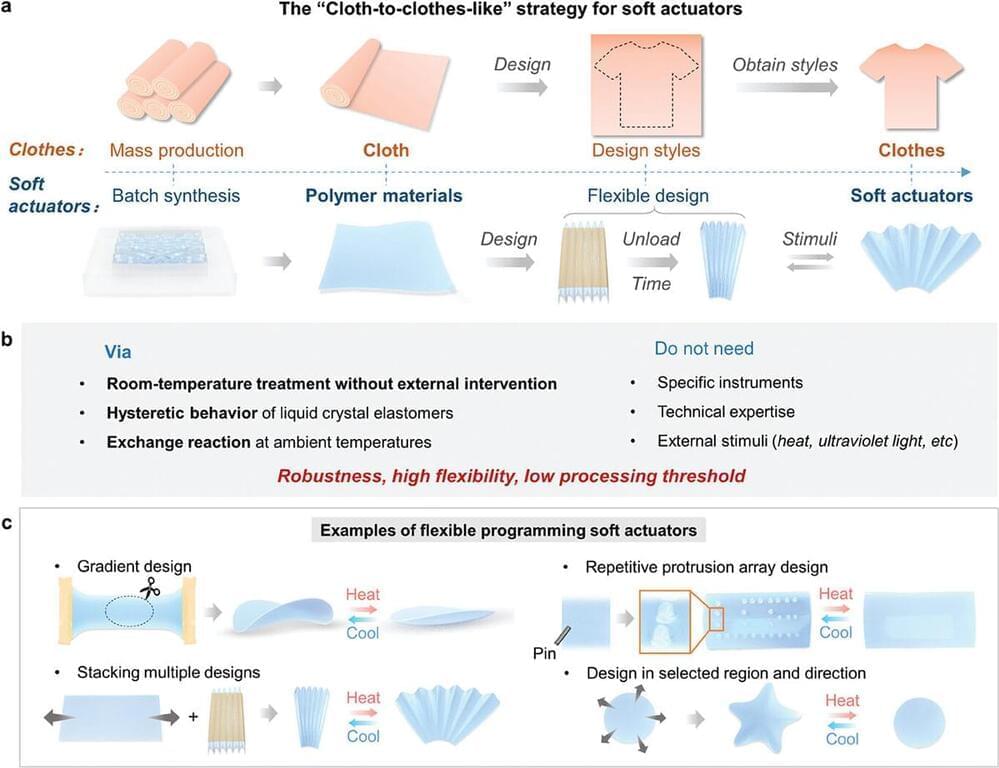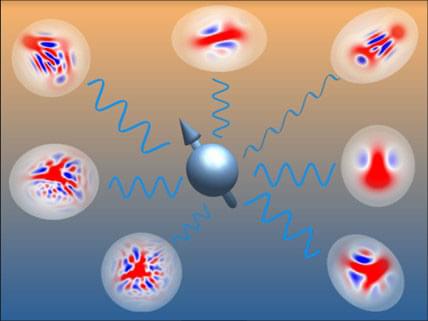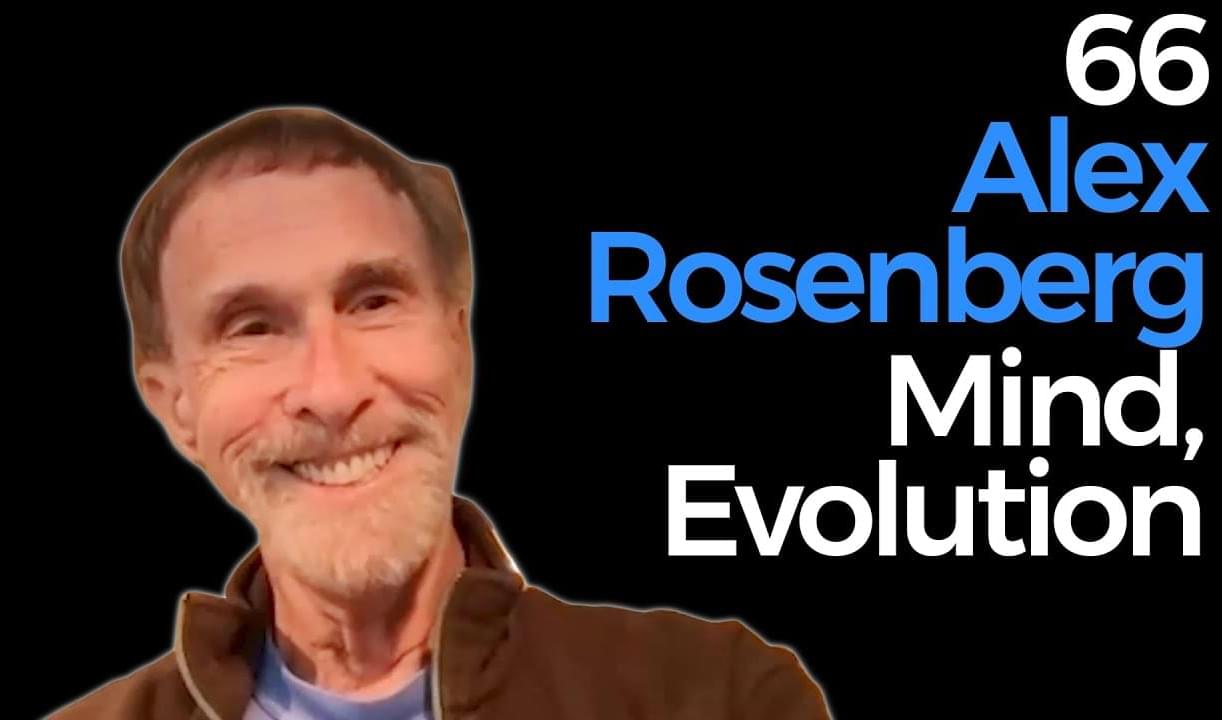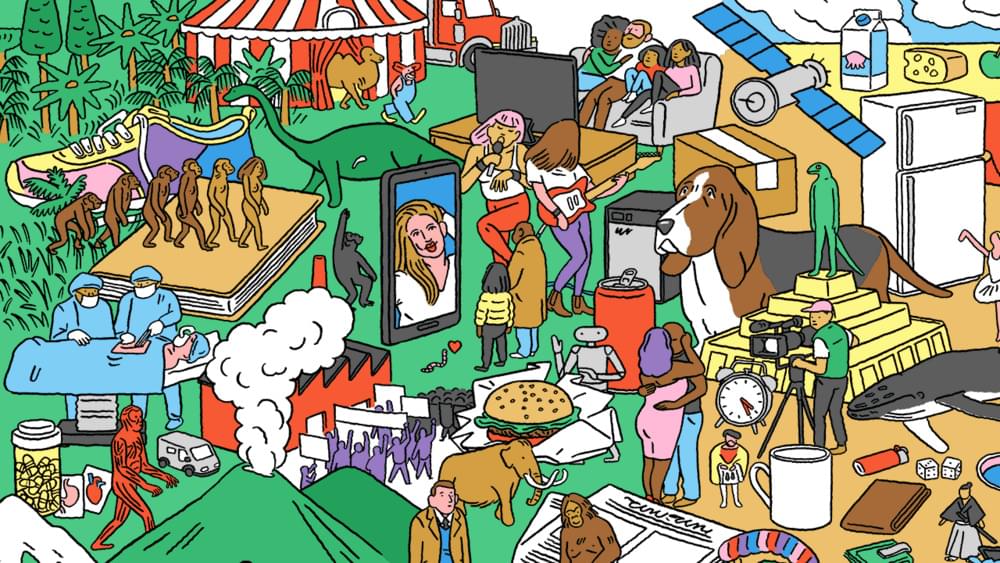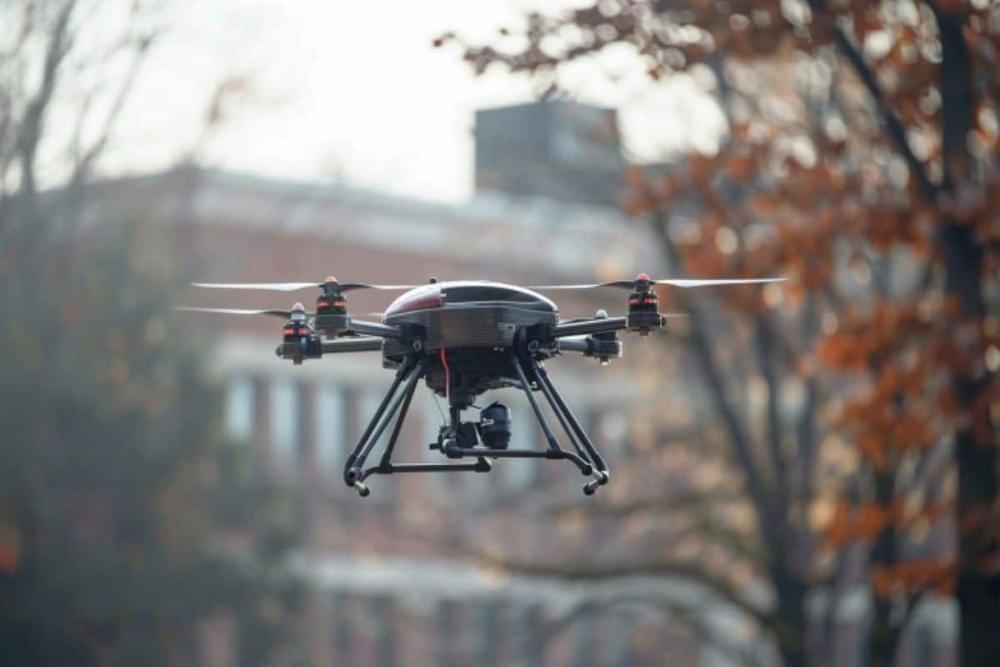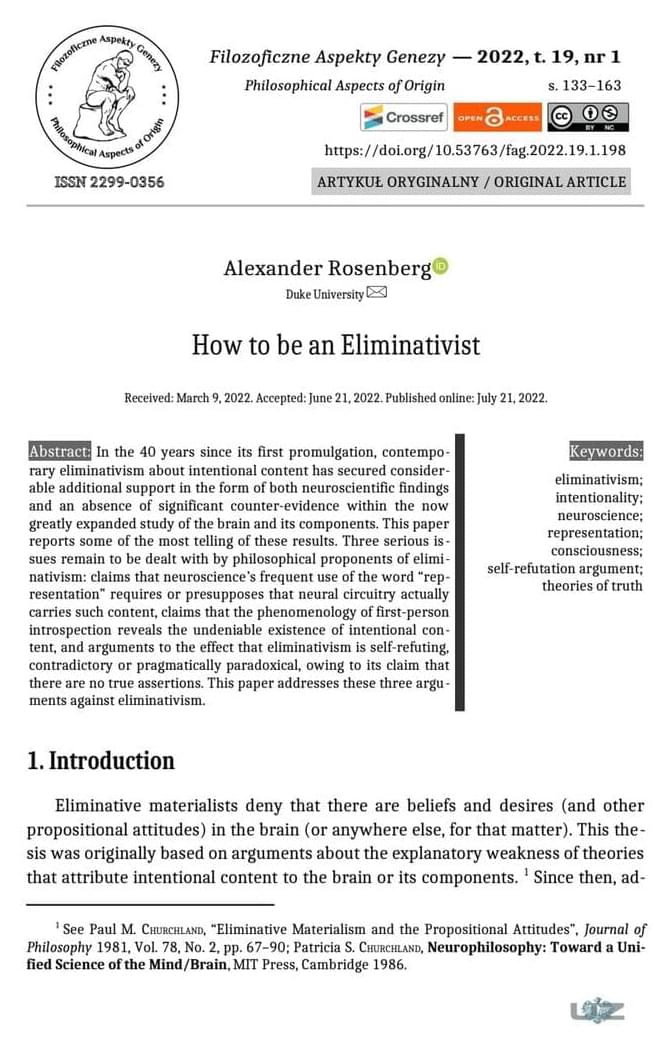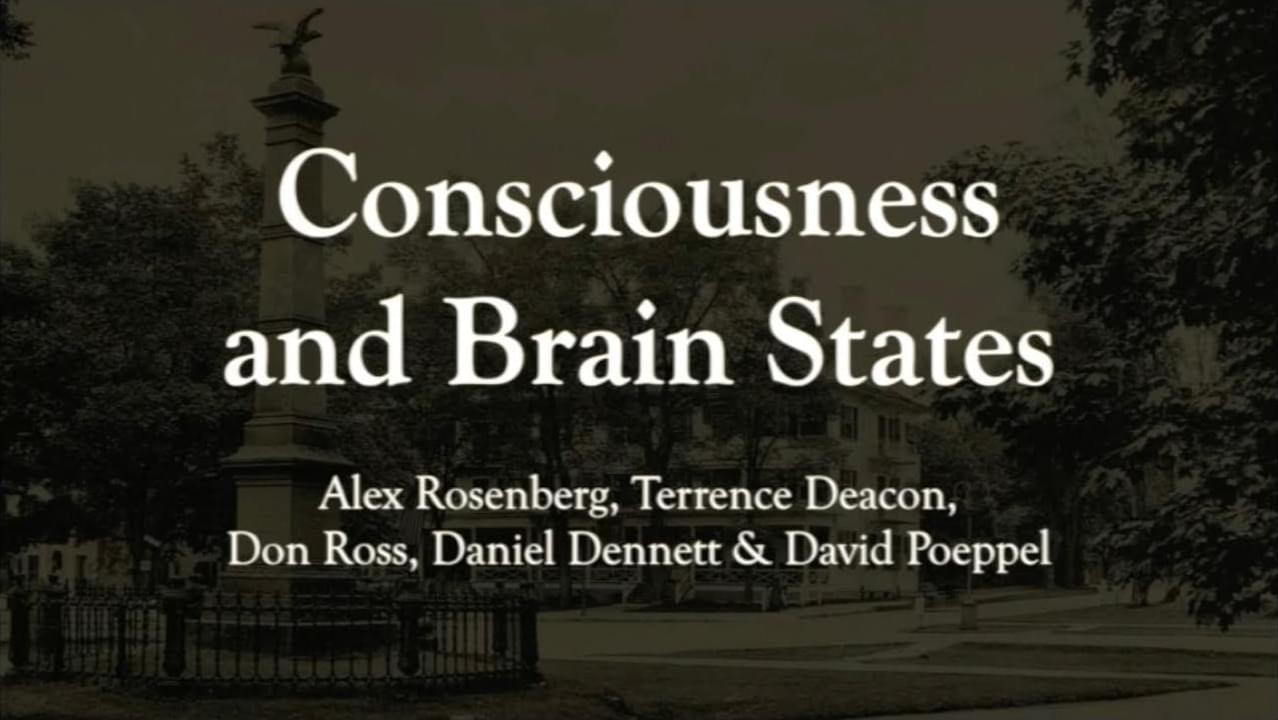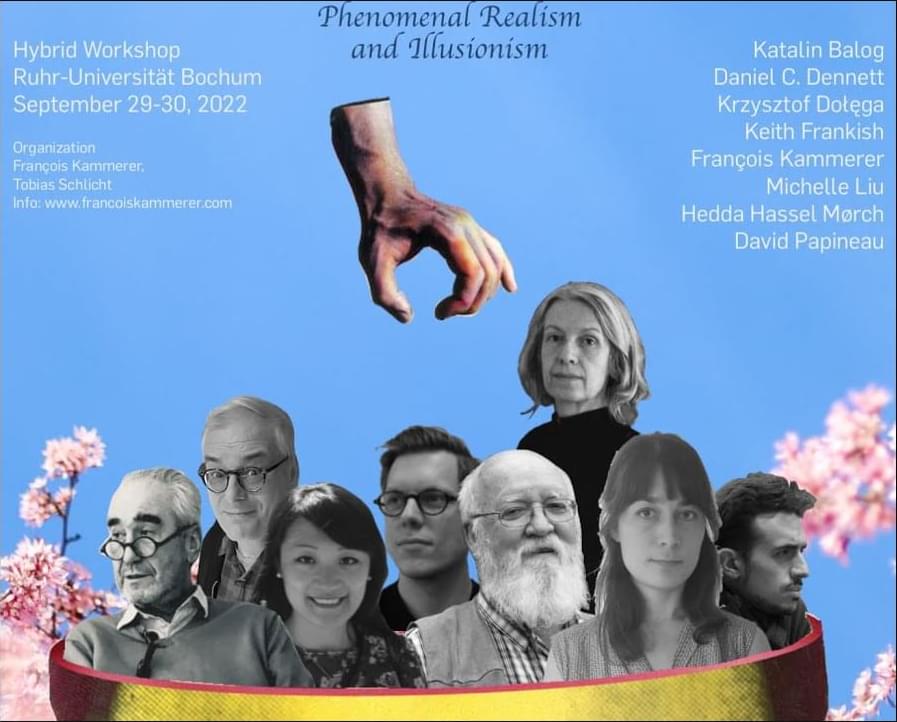“Qualia” is an unfamiliar term for something that could not be more familiar to each of us: the ways things seem to us. As is so often the case with philosophical jargon, it is easier to give examples than to give a definition of the term. Look at a glass of milk at sunset; the way it looks to you —the particular, personal, subjective visual quality of the glass of milk is the quale of your visual experience at the moment. The way the milk tastes to you then is another, gustatory quale, and how it sounds to you as you swallow is an auditory quale; These various “properties of conscious experience” are prime examples of qualia. Nothing, it seems, could you know more intimately than your own qualia; let the entire universe be some vast illusion, some mere figment of Descartes’ evil demon, and yet what the figment is made of (for you) will be the qualia of your hallucinatory experiences. Descartes claimed to doubt everything that could be doubted, but he never doubted that his conscious experiences had qualia, the properties by which he knew or apprehended them.
The verb “to quine” is even more esoteric. It comes from The Philosophical Lexicon (Dennett 1978c, 8th edn., 1987), a satirical dictionary of eponyms: “quine, v. To deny resolutely the existence or importance of something real or significant.” At first blush it would be hard to imagine a more quixotic quest than trying to convince people that there are no such properties as qualia; hence the ironic title of this chapter. But I am not kidding.
My goal is subversive. I am out to overthrow an idea that, in one form or another, is “obvious” to most people—to scientists, philosophers, lay people. My quarry is frustratingly elusive; no sooner does it retreat in the face of one argument than “it” reappears, apparently innocent of all charges, in a new guise.
